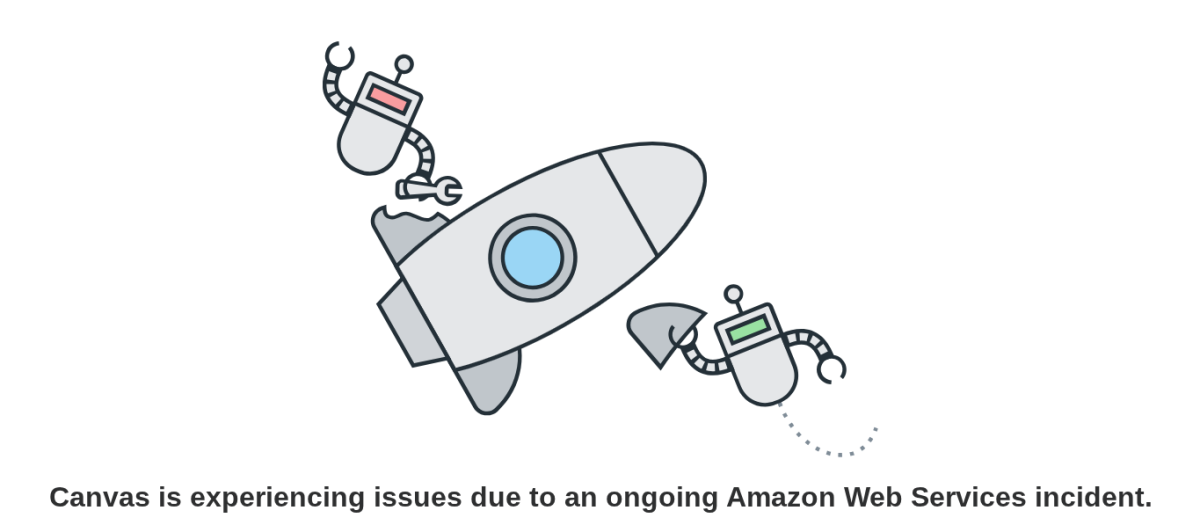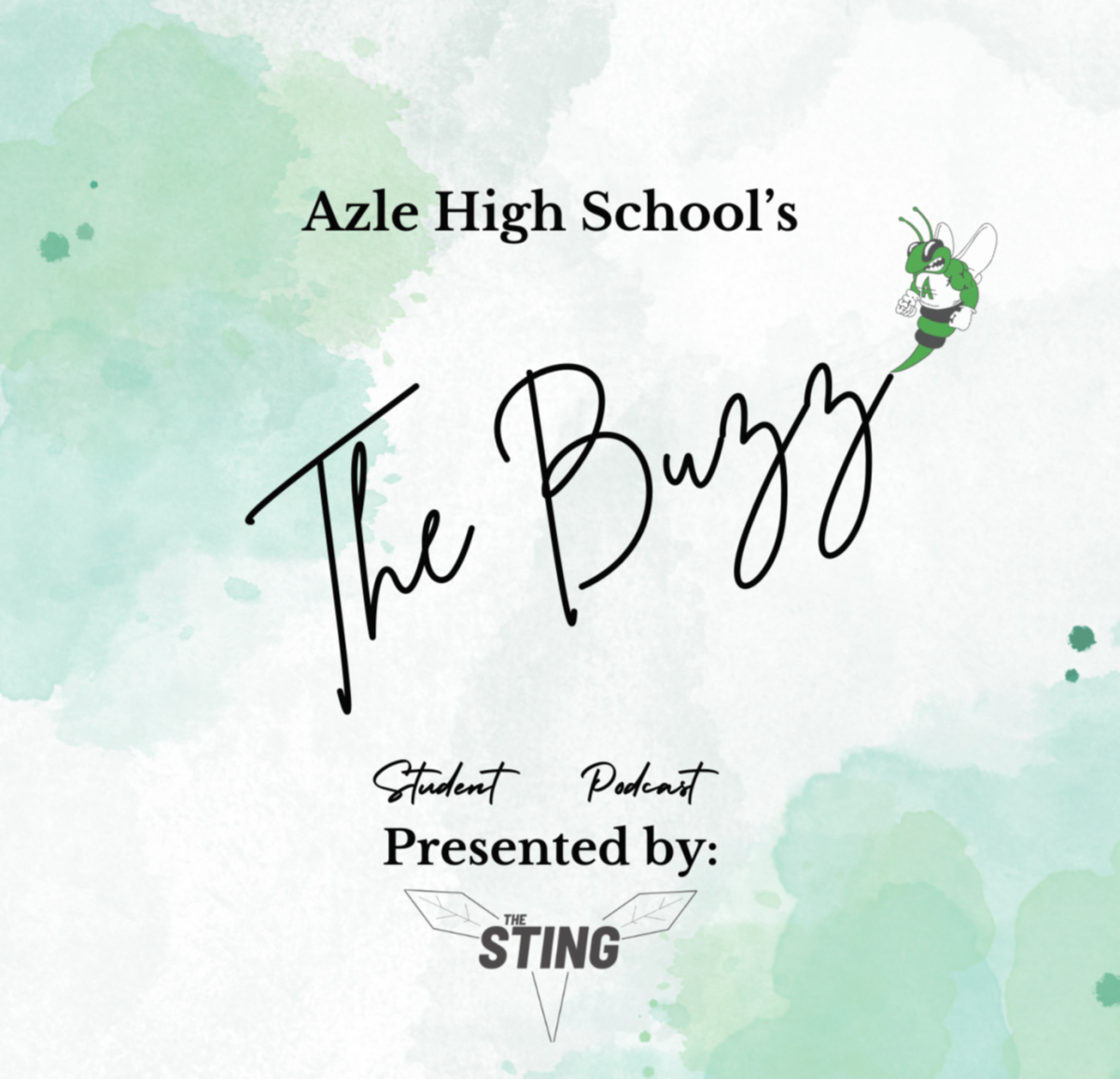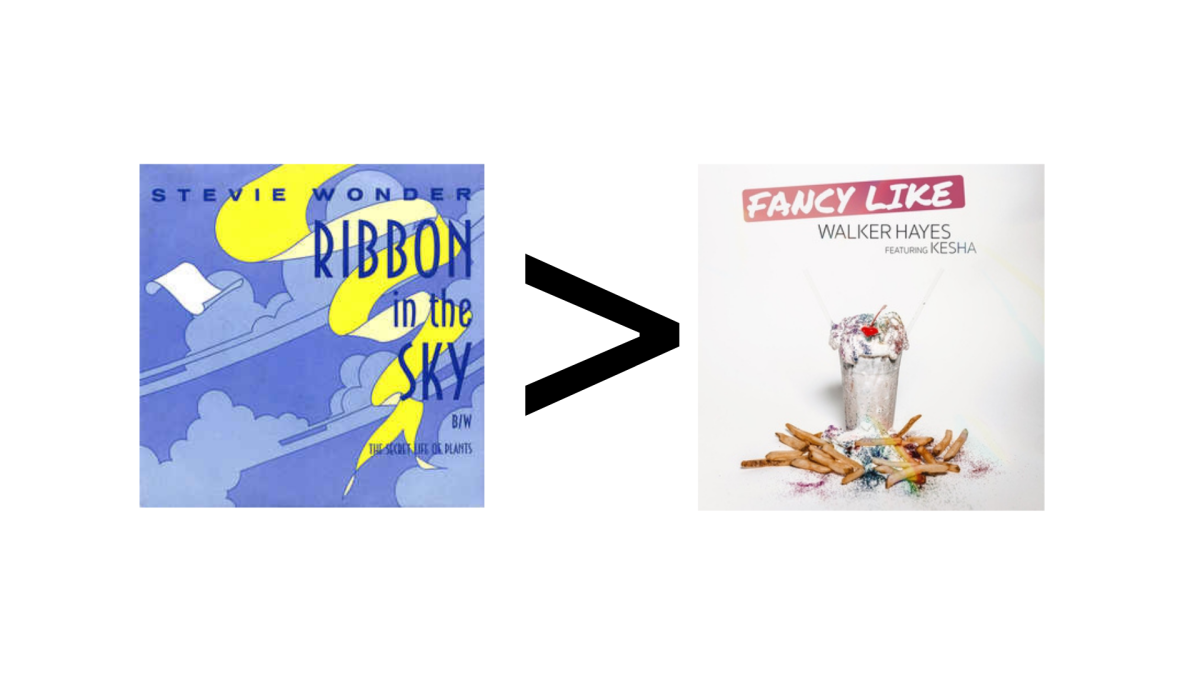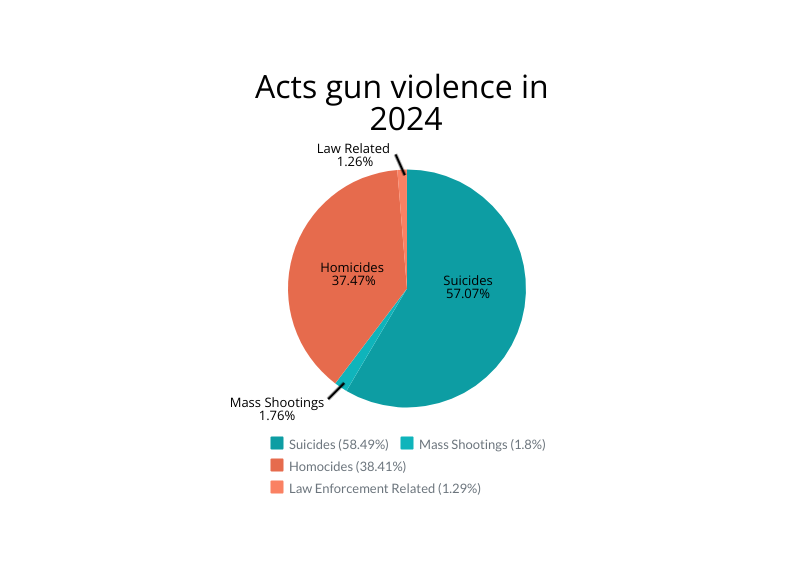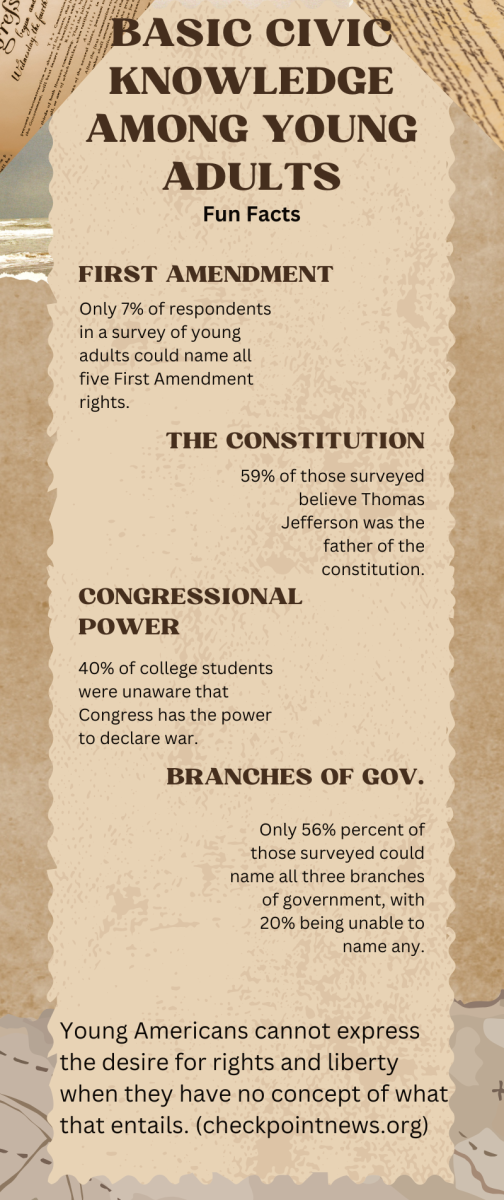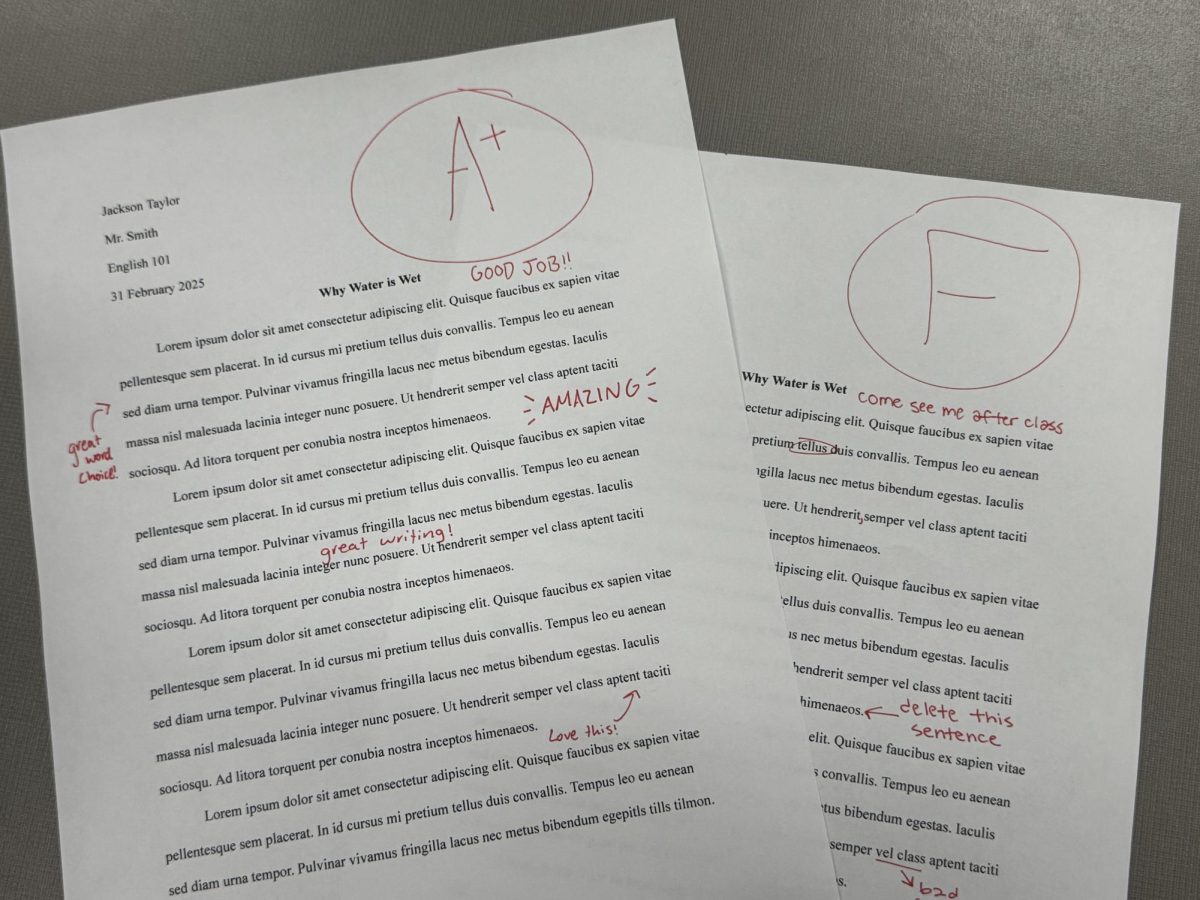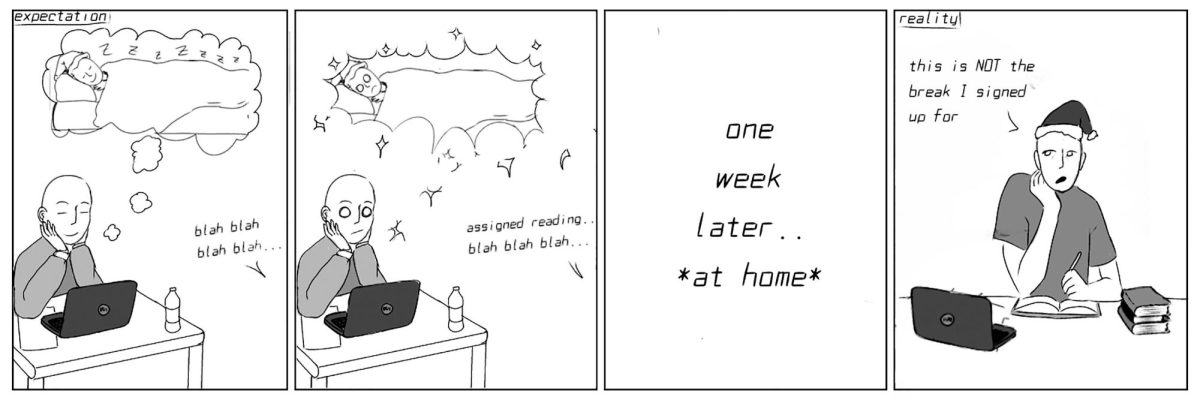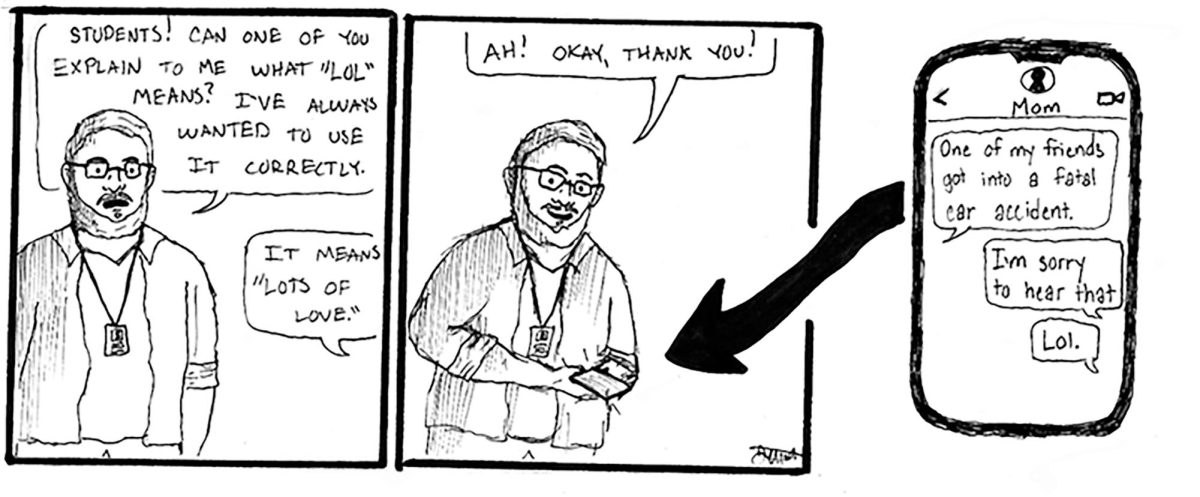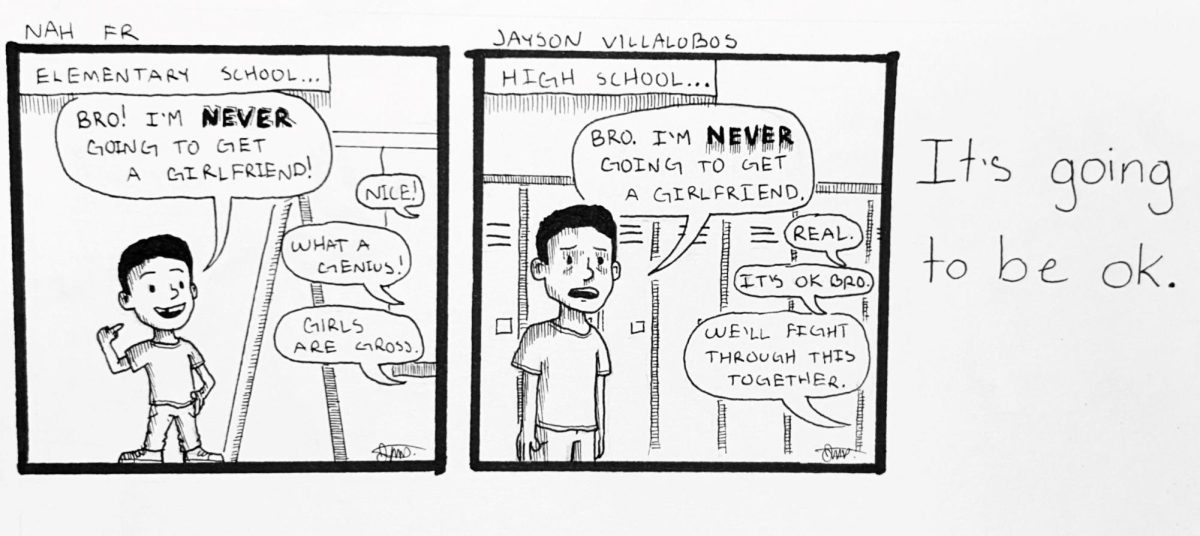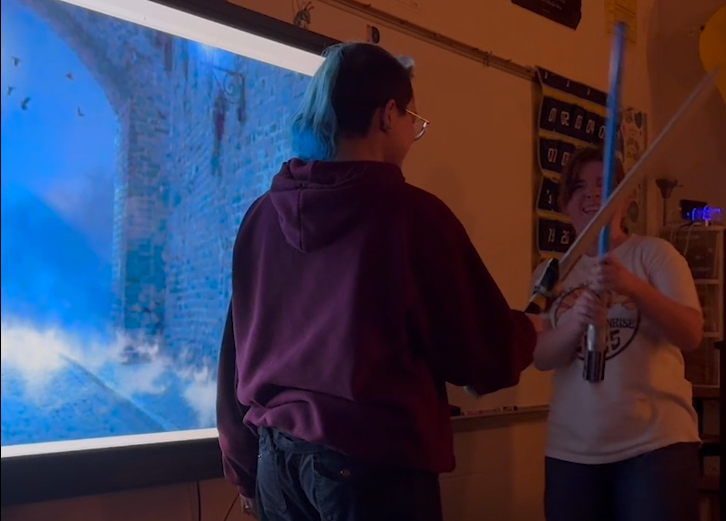On April 25, President Joseph Biden signed into law that TikTok has 12 months to sell to a new company or it will be deleted on all American platforms through the Strength Act which would effectively ban TikTok. If the app is effectively banned in the U.S., it would more than likely take a few months before TikTok disappeared completely to all U.S. users. However, if the app is sold to a non-Chinese parent company, there is still hope to keep TikTok in place.
The reason for the ban has to do with the ongoing allegations that Byte Dance could be giving user’s data to the Chinese government, and because the owners of the video-sharing app have failed to tackle the app’s alleged national security risks. Legal challenges such as lawsuits are expected after this ban by content creators and small business owners on the app. Byte Dance is also planning a lawsuit against the U.S. government alleging that the ban is unconstitutional under the first amendment.
With many attempts to ban TikTok by the states in the past, the House of Representatives just passed the bill with a 360-58 vote a couple of weeks ago, and then the Senate passed it 79-18. The ban officially started gaining traction from the states and the Senate in 2023 after attempts to limit China’s access to the U.S.
TikTok was originally called “Musical.ly” in the mid-2010s and was owned by Musical.ly Inc. but was later bought by ByteDance Ltd. in August of 2018, a Chinese company based in Beijing. Since its creation, it has transformed into a hit app where users create, share and discover short videos. Throughout the past couple of years, it has also become an outlet for young adults to express themselves and has now become a place where anyone, aged 13 and up, can create content for anyone to see.

